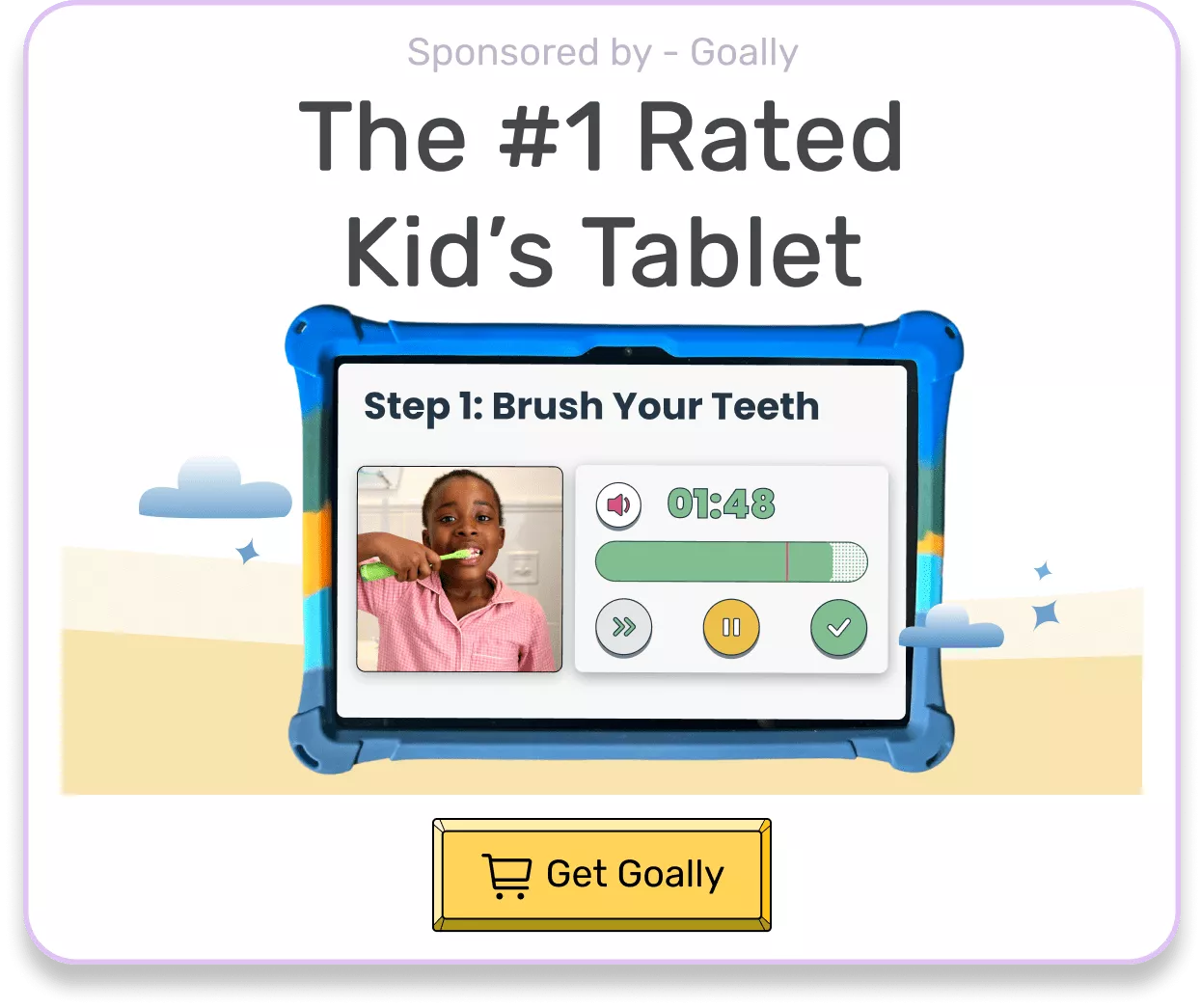It’s challenging for kids not to take things to heart. When someone yells at them during a game, they feel the sting of anger. When they see friends playing together without them, they might wonder why they weren’t included. When they message a friend to hang out and don’t get a response, it’s easy for them to see it as rejection. Taking things personally can drain a child’s energy and affect their well-being. Kids with ADHD often experience rejection sensitivity, which leads them to feel bad about situations that might not even be about them. Our brains are naturally going to focus on negative events to protect us from danger, making it easy to dwell on negative stories we create in our minds.
Table of Contents
Here Are Eight Ways to Help Kids Stop Taking Things Personally.
What Else Could It Be?
Before your child jumps to conclusions about a perceived slight or oversight, encourage them to consider, “What else could it be?” Help them look at the evidence supporting their perception and think about alternative explanations. Maybe their friend forgot, didn’t see them, missed their message, or had a personal reason for their actions. Double-check their reasoning by asking, “What story are you telling yourself?” “What evidence supports this story?” “What else could it be?”
Shift Their Self-Talk.
Negative self-talk can trap kids in a cycle of hurt. It affects their performance and increases the tendency to enter fight, flight, or freeze mode. Regardless of the root cause, they deserve to find a way forward. Kids with ADHD are often sensitive, empathetic, and thoughtful, expecting the same from others. These traits can lead them to take on unnecessary burdens. When others disappoint, they take it personally. Help them reframe their negative thoughts and practice self-compassion. Ask them if their negative self-talk is creating this negative picture. Instead, remind them that it’s not about them. Unless someone explicitly tells them it’s their fault, don’t take it on. The other person was likely busy and didn’t consider the impact of their actions.

Could It Be From a Past Hurt?
Check in with your child. Could a past experience be influencing their perception? Help them separate facts from fiction. Have they been under stress lately? When their brain is on high alert, it recognizes elements from past experiences and sounds an alarm. Their brain is trying to protect them from a similar situation. An emotional reaction doesn’t prove something is true. Could they be interpreting this situation based on anxiety and assuming the worst?
Consider the Source.
Help your child evaluate the source. Do they value the person’s opinion? Is the relationship new or old, valuable and reciprocal? Does the person tend to criticise them, run late, ignore them, make cutting comments, or engage in other behaviors that irritate them? Ask them, “Does this person’s judgment matter?”
Enact Strategies to End Rumination.
Teach your child to acknowledge and name their feelings. Help them identify the triggers, the impact, and recognize the wound it has created in their body and mind. Have they started to spiral and enter fight, flight, or freeze mode? Is this bringing up past feelings? To stop dwelling on and ruminating about the issue, help them shift their physical circumstances with a “pattern interrupt.” Change their environment, listen to music, engage in physical activity, practice mindfulness, or seek out a pleasurable activity.
Set Boundaries.
Encourage positive self-talk, create self-protection strategies, and limit contact with critical people who treat them badly. Remind your child that others’ negative, critical self-talk is about them, not your child. Teach them to say, “This is a THEM problem, not a ME problem.” Surround them with supportive people who do not engage in emotionally toxic behavior.
Value Their Own Opinion.
Help your child understand that sometimes people share constructive feedback. In that case, they can say, “I am working on this.” Before they fall into the rumination cycle, encourage them to take a look at the situation or advice. If positive feedback is given, it can promote positive self-evaluation. If negative feedback is given, remind them of their strengths and values, and reframe with more positive self-talk. Most importantly, help them have pride in how far they have come!
Don’t Give Their Power Away.
Teach your child that by allowing others to upset them, they are in effect allowing others to dictate how they feel. Encourage them not to give others power over them. Instead, quickly change their thought, take a few deep breaths, and tell themselves this is a THEM problem.
- Using Visual & Verbal Instructions: Goally provides children with visual and verbal supports for routines, helping increase independence and reduce parent nagging.
- Reducing Anxiety: Goally helps reduce anxiety through relaxation exercises and coping strategies in video classes, helping children feel more calm and comfortable during their clinic visit.
- Communication: Goally helps facilitate communication between children and parents, allowing parents to better understand and support their child’s needs.
Goally’s distraction-free kid’s tablet can be used as a therapy tool to help teach executive function, language, emotional regulation, finger dexterity skills, and more!
Remind your child to rely on themselves to know what is true about them. Don’t let them put their trust in someone else to define who they are. If they take things personally, they tie themselves to someone else’s judgment. They are not a victim nor a prisoner, so don’t let them go down the rabbit hole of rumination and self-doubt.
FAQ’s About How to Not Take Things Personally
What is the first step to stop taking things personally?
The first step is to consider alternative explanations for the perceived slight.
How can changing your self-talk help in not taking things personally?
Changing your self-talk helps reframe negative thoughts and practice self-compassion.
Why is it important to consider the source when you feel slighted?
Considering the source helps evaluate if the person's opinion or actions truly matter to you.
What is a pattern interrupt and how can it help?
A pattern interrupt is a change in your physical or mental environment to stop negative ruminative cycles.
Why should you value your own opinion over others?
Valuing your own opinion reinforces self-worth and prevents external judgments from affecting your self-esteem.
Emily is a seasoned blog writer for Goally, leveraging her extensive background in child psychology and special education to provide valuable insights and resources for parents. Her commitment to understanding and addressing the unique needs of these children, combined with her expertise in educational strategies, makes her a credible and empathetic voice for families.






